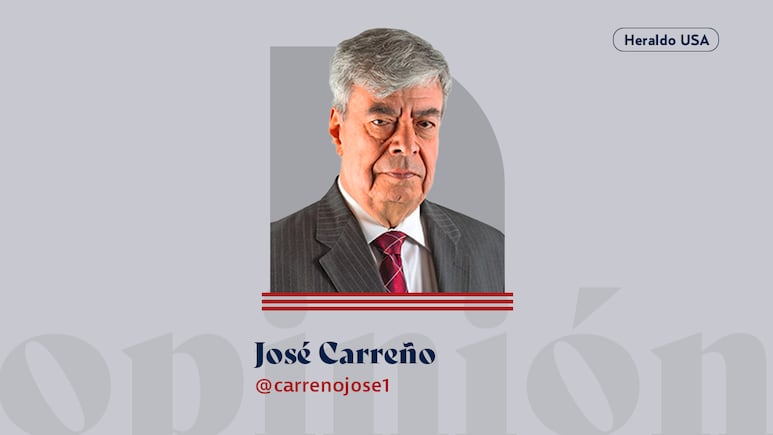FROM THE OUTSIDE | A new judiciary?
Doubts arise because administering justice is not about public image, popularity, or connections with those in power

With low voter turnout on Sunday, Mexico initiated a judicial experiment that appears to involve more risks than the government is prepared to recognize or concede.
Publicidad
Amid widespread skepticism, the election seemed to unfold as anticipated, yielding predictable outcomes, especially for candidates aligned with the Fourth Transformation government, who—surprise!—emerged victorious.
Outside the country, the election has been described to undermine the judiciary’s relative independence, particularly after the leading promoter of the reform, former President Andrés Manuel López Obrador, accused the judiciary of corruption and serving private interests.
No one with even a basic understanding of the Mexican situation can defend a judicial system like the one being replaced, which is so riddled with problems.
Publicidad
However, even in that context, the idea of judicial reform was oversold, much like the North American Free Trade Agreement (NAFTA) was once presented as a cure-all. Few believe this new system will enhance legal certainty.
Publicidad
According to its promoters, the new judicial elections and revamped system will rectify injustices and corruption in the country. However, they do not clarify how the new judges will be protected from the well-known “silver or lead” (bribe or bullet) tactics, or the influence of local and regional powers—both political and criminal—or from their alignment with the ruling party, Morena, and its political machinery.
Part of the problem is the quality of the candidates, although some were well-prepared and qualified.
Despite its many flaws, the outgoing system still maintained a respect for meritocracy and a push for improvement, albeit faintly. The requirements include a law degree, good grades, and five years of legal experience.
It sounds great. It sounds democratic.
But doubts arise because administering justice isn’t about public image, popularity, or connections to those in power. It’s about legal knowledge and the ability to apply the law—something that is, after all, the job of a judge.
Thus, there is widespread doubt that any judge, regardless of their name, will issue rulings against presidential orders, no matter how unjust or illegal they may be, or take a stance against the Fourth Transformation.
According to international commentator Fareed Zakaria of CNN, judicial elections in Mexico “fit into a global pattern where populist leaders see independent judiciaries as the last major check on their power and then try to dismantle them.”
Zakariah pointed to examples such as Israel and Prime Minister Benjamin Netanyahu, India and Prime Minister Narendra Modi, Turkey and President Tayyip Erdogan, and the United States under Donald Trump, who attacks judges that don’t follow his lead.
But in Mexico, things are different: now the Fourth Transformation takes full responsibility…
Publicidad
Publicidad
Más Leídas | Heraldo USA

Mhoni Vidente predice fuerte atentado terrorista en alguno de estos países; ¿México es uno de ellos?
Visa americana: Estas son las 7 preguntas clave que debes responder bien en la entrevista con el cónsul
Por Heraldo USA
Salma Hayek y la infidelidad de su esposo que lo llevó a tener un hijo con Linda Evangelista
Por Heraldo USA
¿Cómo llevar a tu familia a EEUU si eres residente legal? 3 vías para la Reunificación Familiar en 2025
Por Heraldo USA
El pueblo de Texas que alberga una joya gastronómica; tiene uno de los mejores restaurantes de mariscos
Por Heraldo USA
Publicidad
Más noticias de Elección del poder judicial 2025
Más noticias de Estados unidos










